ChatGPT is a language model that is available for free use, but the latest model, GPT4, can only be accessed by paying for ChatGPT Plus
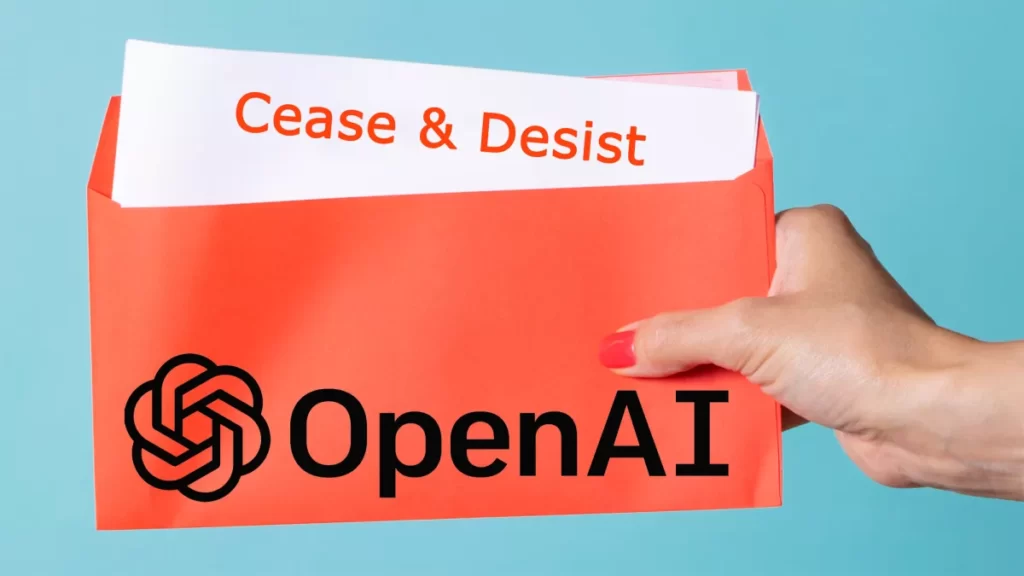
OpenAI’s API or using a site that has incorporated GPT4 into its chatbot. However, a GitHub project called GPT4free allows users to access GPT4 and GPT3.5 models for free by funneling queries through other sites such as You.com, Quora and CoCalc. OpenAI has demanded that the creator of GPT4free take down the project within five days or face legal action. The creator of GPT4free, Xtekky, claims that he is not directly connecting to OpenAI’s API and is instead getting data from sites that have their own API licenses. Xtekky installed GPT4free on his PC using WSL2, which involved cloning the GitHub repository, installing required libraries, and running a Python script. He was then able to use the chatbot on his own PC.
GPT4Free is a controversial open-source project that has been making headlines recently. It’s a tool that allows developers to create chatbots and other AI-powered applications using the GPT-3.5 language model, which is licensed by OpenAI. While GPT4Free is technically legal, its use of third-party APIs has raised concerns about copyright infringement and intellectual property theft.
The controversy surrounding GPT4Free began when OpenAI sent a legal notice to the project’s creator, Xtekky, demanding that he take down the repository. OpenAI argued that GPT4Free was using its language models without authorization and that it was infringing on its intellectual property rights. Xtekky responded by stating that he had not violated any laws and that he had only created the project to help other developers.
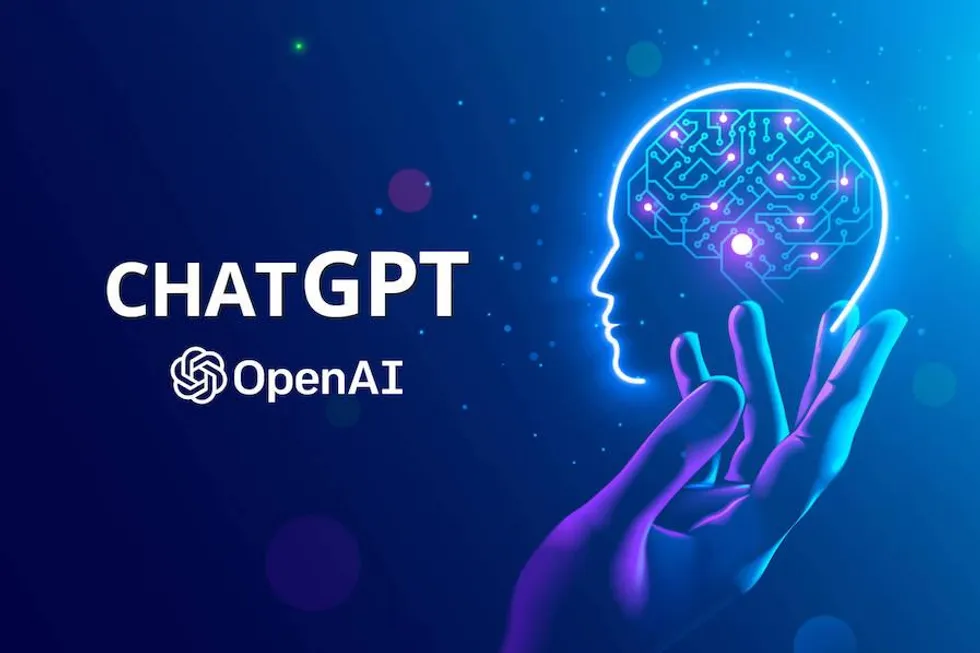
Xtekky argued that his project was not doing anything illegal since the APIs used by GPT4Free were publicly available and could be accessed by anyone. He also claimed that OpenAI was overreacting and that the company should
However, OpenAI has expressed concern about the unauthorized use of its language models and the potential negative impact on sites that pay to use them. The company has reportedly sent legal notices to Xtekky and GitHub requesting that the GPT4Free repository be taken down.
Xtekky has argued that the APIs he is using are publicly available and unsecured, and that he is not responsible for what others do with his script. He has also suggested that OpenAI should be working with the affected sites to secure their APIs, rather than targeting him.
The controversy raises important questions about the use of artificial intelligence models and APIs, as well as the legal and ethical implications of their use. On one hand, language models like GPT-3 and GPT-4 are powerful tools that have the potential to revolutionize the way we interact with technology and each other. They can be used to generate text, answer questions, and even carry out conversations with users.

On the other hand, the unauthorized use of these models and APIs can have serious consequences for the sites and companies that pay to use them. If developers can simply access these APIs without permission, it could undermine the business model of sites that rely on them for revenue.
Furthermore, the use of language models like GPT-3 and GPT-4 raises important ethical questions about the potential for these tools to be used to spread misinformation, perpetuate biases, and even engage in malicious activities. There have already been concerns about the use of these models to generate fake news and deepfakes, and there is a risk that their use could be weaponized for nefarious purposes.
In the case of GPT4Free, it is clear that Xtekky did not have permission to use the APIs he accessed, and his actions may have had negative consequences for the sites that pay to use them. However, it is also true that the APIs were publicly available and unsecured, and that other developers could potentially access them as well.
Ultimately, the responsibility for securing these APIs lies with the sites that use them, and it is up to them to take the necessary steps to protect their intellectual property and ensure that unauthorized access is prevented.

Concluson:
In conclusion, the controversy surrounding GPT4Free highlights the complex legal and ethical issues surrounding the use of artificial intelligence models and APIs. While these tools have the potential to revolutionize the way we interact with technology and each other, their unauthorized use can have serious consequences for the sites and companies that rely on them. It is up to all stakeholders in the AI community to work together to address these issues and ensure that the benefits of these tools are realized in a responsible and ethical manner.
Open AI’s API Use Controversy: What You Need to Know



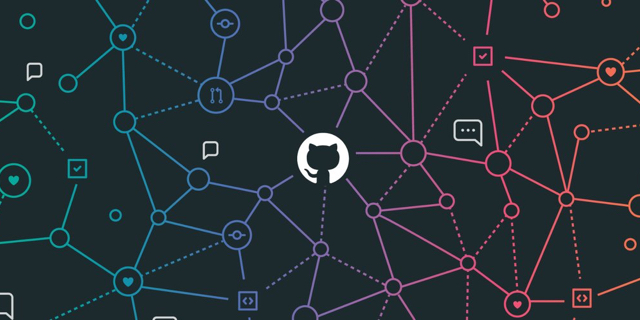
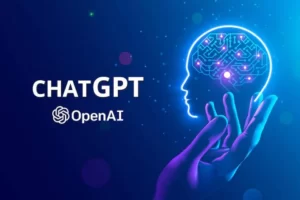





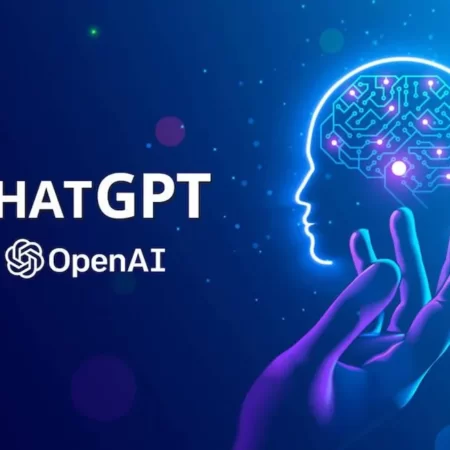

No Comment! Be the first one.